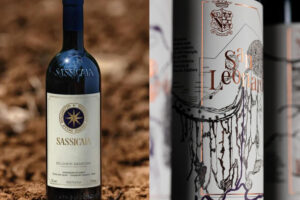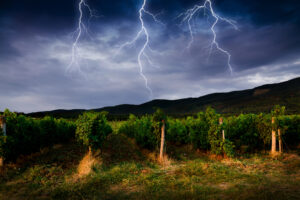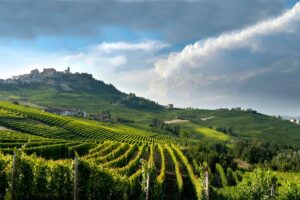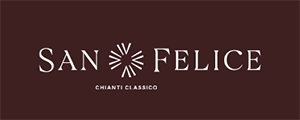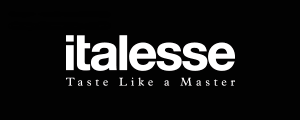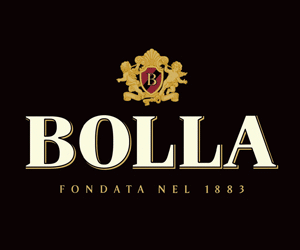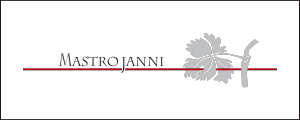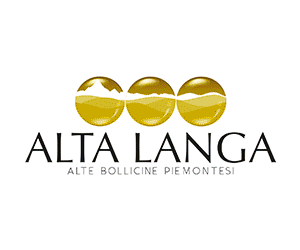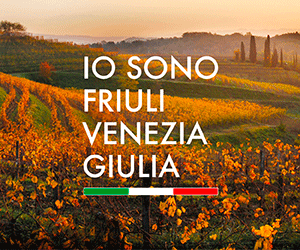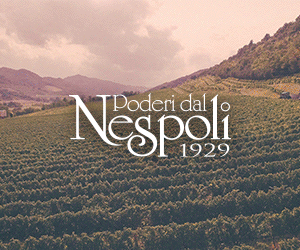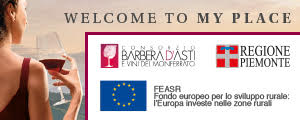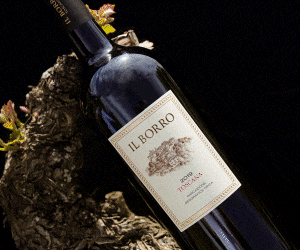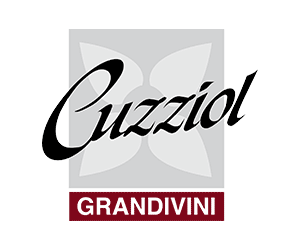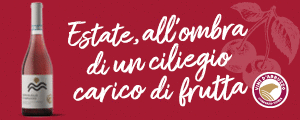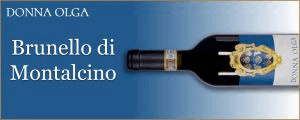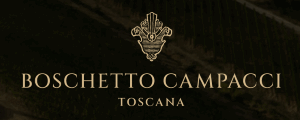What is the role of Italian Sommeliers today? It is certainly different than in the past, where it was “relegated to restaurants. Now the sommelier communicates, travels the world, writes and sometimes is also the wine buyer”, Luca Martini, the best sommelier in the world elected by the Worldwide sommelier Association, told Winenews, and he has good advice to give to the Italian wine world, as well. "It is always better to look at what you have in your own garden rather than your neighbor’s". Wine making in Italy often looks at what others are doing chasing after France and Spain, etc., while Martini says, “competitors do not exist: you cannot compete with Spain or with California. They’re totally different things. They are interesting, but the market makes the difference. Until recently, China wanted Bordeaux wines because they were not producing wine. Now that they have started to produce it, they are more interested in their domestic market, and this is also why I see Mexico and Brazil for the future, while Russia has stabilized and almost stopped. I hope”, continues Martini, “that this crisis will lead to a reflection, and that those who have always worked well will continue to do so with enthusiasm. We need to learn from the French more than anything because of their love for their country; more than following market trends, they follow their philosophy as vigneron so that studying reaps enthusiasm and enthusiasm creates business. We must respect our land more and understand more about the markets. We look around and produce products for specific markets instead of producing products just because it's what the land offers and what our philosophy is. Following trends and fads”, he continued, “is all well and good, but as soon as they are over we are lost again, while we should have a dream to follow as well as a more long-term goal and strategy. It is not the quantity of wine produced, but the quality. The Italian wine firms that are showing themselves to be crisis-proof are those that have reached high standards of quality, and that is also why the market for Italian fine wines is growing exponentially”.
The role of the sommelier, as mentioned, is totally new, "today it is an international role, acting a also s a wine buyer for companies, someone you can trust to buy wines and also a person who writes articles on wine in newspapers. And in Italy”, said the best sommelier in the world, “the key is AIS, which is professional also in teaching one of the most interesting Italian heritages. Today we need to use the appropriate terminology for our audiences. This is why I sometimes describe wines using lines, music and colors, because it falls more in the canons used by ordinary people: to be a wine communicator you have to understand who you are talking to. Being a "phenomenon" is never good for the market. In training programs you can also teach the less experienced to use the appropriate terms”.
Narrating Italian wine is certainly not a simple job, “I have also studied international wines, and when they explain Burgundy there are 3 basic traits, which are Pinot Noir, Chardonnay and Gamay. Chianti Classico cannot be summarized in three words – first we must explain what Chianti is, then what "Classic" is, then TGI, then Super Tuscans, and the percentages based on designations. The truth is that our system is quite complicated, which does not facilitate communication and dissemination. So, quality and " icon wines" remain out of the mainstream and our Made in Italy wine products and the interest in them continue to grow with exports. People tend to be more informed, and yet, if you ask American or Chinese students what is the most difficult stage in their studies, they answer the system of dominations in Italy or the system of fragmentation an Italian wine has”.
Fragmentation that also include peaks of excellence recognized around the world, starting with the Super Tuscans, "they're still doing very well even though some are suffering, and then there are Barolo and Brunello, always topping the charts. As for the wine trade, I noticed that the British are increasingly appreciative of Prosecco, while the major investments are always in the same wines - Monfortino, Masseto, Pergole Torte. The wines of Campania like Quintodecimo or the wines from the Basilicata region, like Elena Pucci, or Etna wines are also doing very well. The collector market changes according to journals and the availability of a certain product on the market. The strength of the great Italian wines is that their prices are very competitive, with good growth prospect over the years; therefore, they are often good investment funds for the future”.
Beyond the certainties, “the surprises we can expect in the coming years for Italian wine are hard to determine, as there are many micro zones in the noble territories that have yet to be “discovered”. I would bet on Etna as a future Burgundy. I believe the focus will be reducing territories in the Chianti Classico area, where this crisis will lead to phasing out and a natural selection of the producers. For the rest of the world the Beaujoulais areas, where there are excellent winemakers, will be back in vogue. I also think the English territory, especially for bubbles will be very good. The "new world", Argentina, Chile, Uruguay and California is also working very well”, concludes Martini, “and changing quantity into quality”.
Copyright © 2000/2024
Contatti: info@winenews.it
Seguici anche su Twitter: @WineNewsIt
Seguici anche su Facebook: @winenewsit
Questo articolo è tratto dall'archivio di WineNews - Tutti i diritti riservati - Copyright © 2000/2024




















